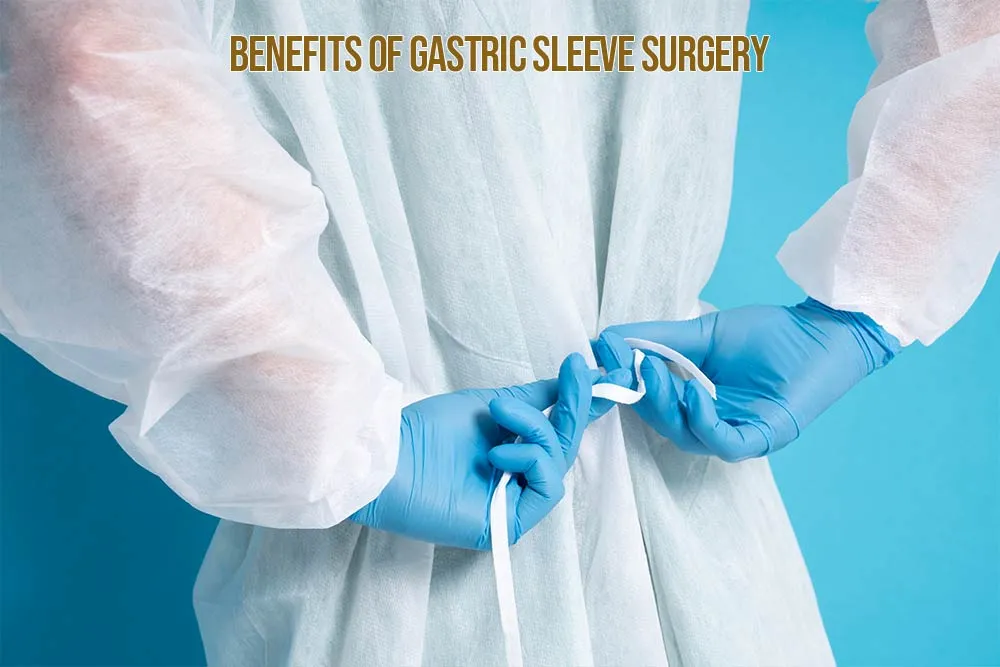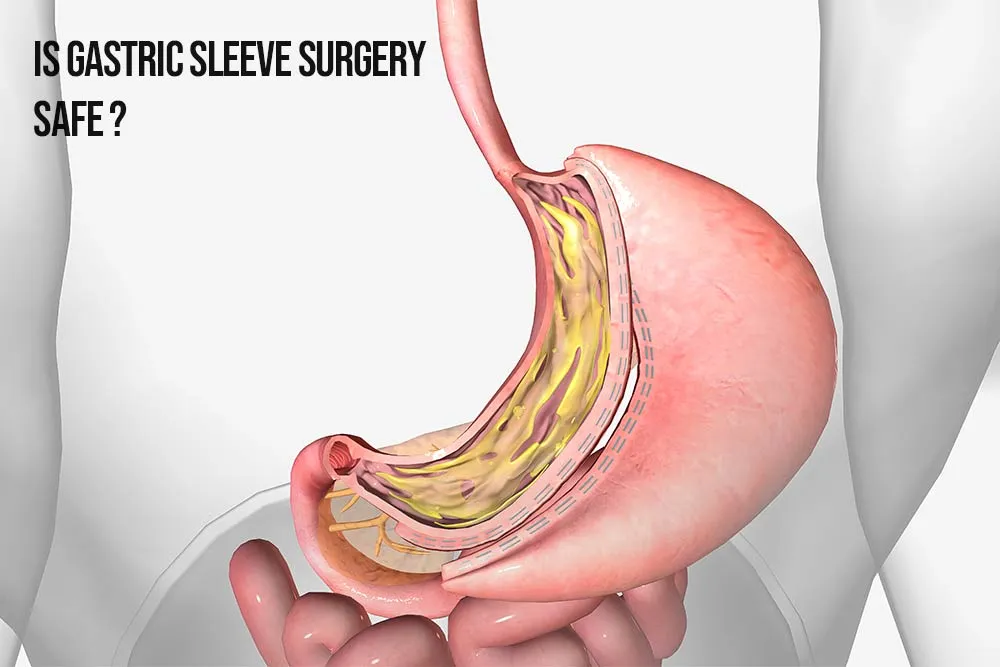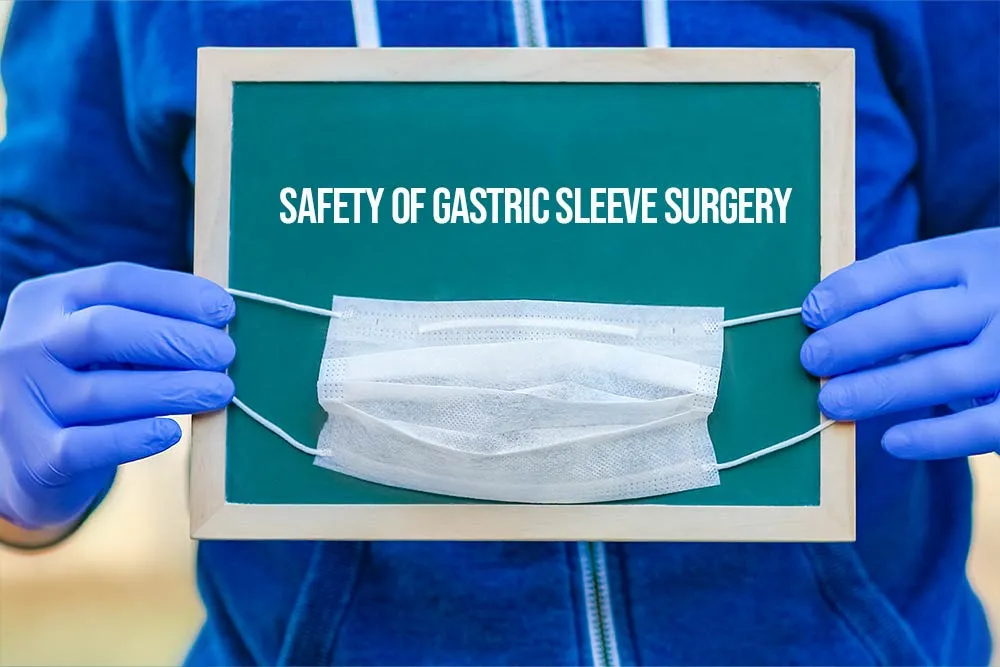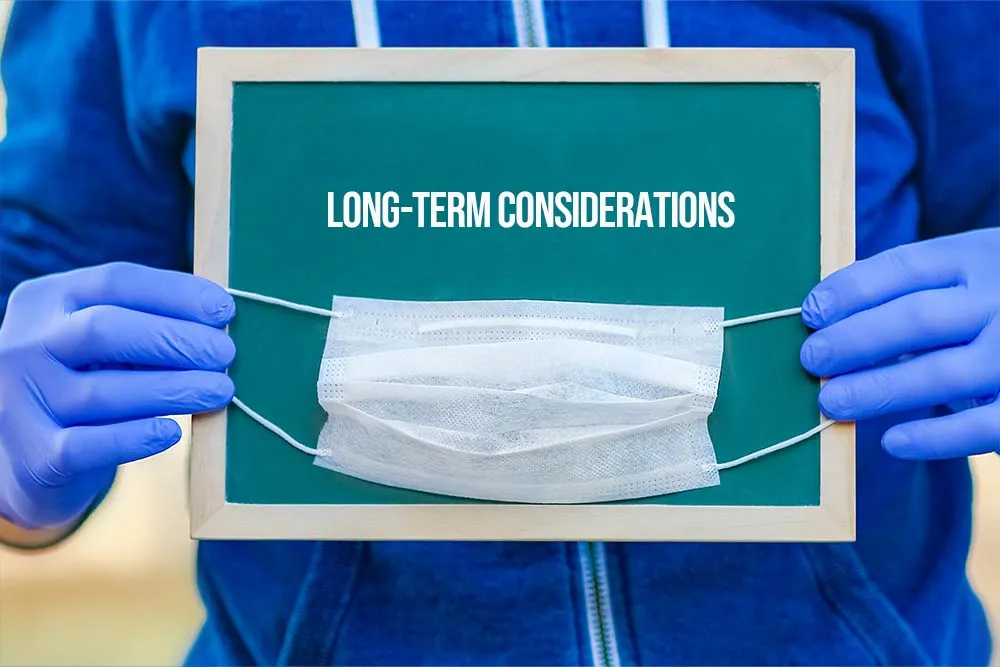Gastric sleeve surgery, also known as sleeve gastrectomy, is a weight loss procedure that has gained popularity in recent years. It involves removing a portion of the stomach to create a narrow, sleeve-shaped stomach, reducing the amount of food that can be consumed at one time and leading to a feeling of fullness faster. While gastric sleeve surgery is generally considered safe, as with any surgical procedure, it does carry some risks and potential complications.
Benefits of Gastric Sleeve Surgery

One of the main benefits of gastric sleeve surgery is that it is minimally invasive. The procedure is performed through small incisions using a laparoscopic technique, rather than a more extensive open surgery. This results in:
- Less pain and scarring: Smaller incisions lead to less postoperative pain and minimal scarring.
- Shorter recovery time: Patients often recover more quickly compared to more invasive weight loss surgeries such as gastric bypass.
- Reduced risk of complications: The minimally invasive nature of the surgery reduces the likelihood of complications associated with larger incisions.
Safety of Gastric Sleeve Surgery
Gastric sleeve surgery is considered a safe procedure for many individuals seeking significant weight loss. However, it is a serious procedure requiring a significant lifestyle change. The risks associated with gastric sleeve surgery are generally low but include:
- Bleeding: There is a risk of bleeding during or after the surgery.
- Infection: As with any surgery, there is a potential for infection at the incision sites or internally.
- Blood clots: Patients may develop blood clots, which can be serious if they travel to the lungs or other vital organs.
- Leaks or perforations: There is a small risk of leaks or perforations in the stomach, which can lead to serious complications and may require additional surgery to repair.
Long-Term Considerations
While gastric sleeve surgery can result in significant weight loss, it also presents some long-term considerations:
- Nutrient deficiencies: Patients may experience long-term nutrient deficiencies, such as anemia, if they do not follow a balanced and nutrient-dense diet after the procedure. Regular follow-ups with a dietitian and appropriate supplementation are crucial.
- Weight regain: Maintaining weight loss long-term requires a commitment to lifestyle changes, including a healthy diet and regular physical activity. Without these changes, patients may regain some or all of the weight they lost, which can lead to further health complications.
Suitability for Gastric Sleeve Surgery
Not everyone is a suitable candidate for gastric sleeve surgery. Certain factors may disqualify a patient from undergoing the procedure, including:
- Previous abdominal surgery: Patients who have had previous abdominal surgery, such as a gastric bypass or a prior gastric sleeve procedure, may face increased risk of complications.
- Medical conditions: Certain medical conditions, such as liver disease, may make gastric sleeve surgery too risky.
Factors Influencing Safety
The safety of gastric sleeve surgery depends on several factors:
- Surgeon’s experience and qualifications: Choosing a highly experienced and qualified surgeon is crucial to minimize risks.
- Patient’s overall health: A comprehensive evaluation of the patient’s health is necessary to ensure they are fit for surgery.
- Postoperative care and lifestyle changes: Successful outcomes require a commitment to a healthy lifestyle, including a balanced diet and regular exercise.
Making an Informed Decision
Patients considering gastric sleeve surgery should thoroughly research the procedure and discuss it with their doctor. They should weigh the potential risks and benefits, considering their individual needs and circumstances. Here are some steps to take:
- Consult with a qualified healthcare provider: Discuss your medical history, weight loss goals, and any concerns with a healthcare provider experienced in bariatric surgery.
- Understand the procedure: Learn about the surgical process, potential risks, and expected outcomes.
- Evaluate lifestyle readiness: Assess your readiness to make the necessary lifestyle changes to support long-term success.
- Seek support: Consider joining a support group or seeking counseling to help navigate the emotional and psychological aspects of weight loss surgery.
Conclusion
Gastric sleeve surgery is generally considered safe and can be an effective tool for achieving significant and sustained weight loss. However, like any surgical procedure, it carries some risks and potential complications. Patients should carefully consider the procedure, talk to their doctor, and make an informed decision based on their individual needs and circumstances. With the right support, lifestyle changes, and commitment to a healthy diet, gastric sleeve surgery can be a successful step towards improved health and well-being.










